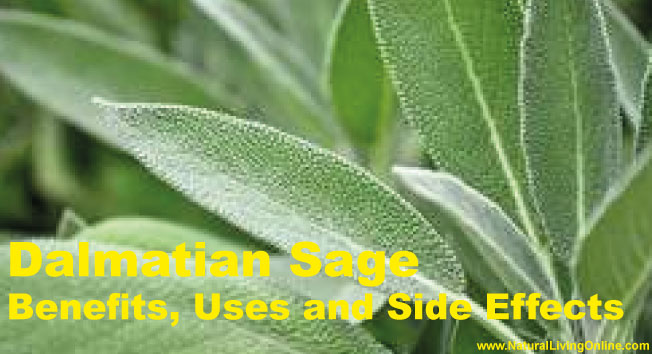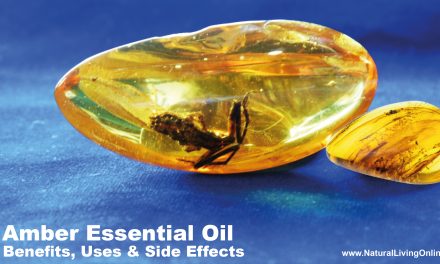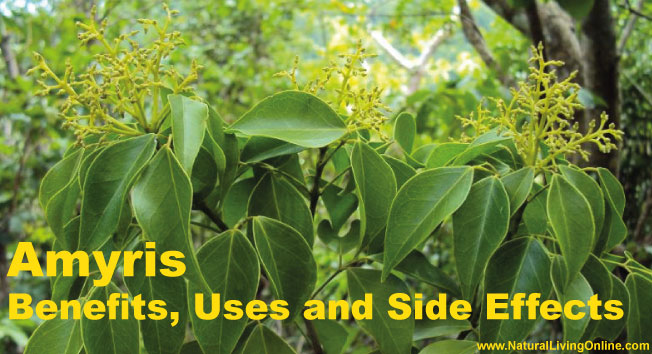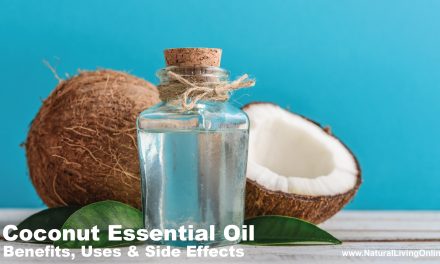Dalmatian sage (Salvia officinalis) is a perennial herb in the mint family that is native to the Mediterranean region. The oil is distilled from the leaves and flowers of the plant. Dalmatian sage essential oil is said to have a number of benefits, including Reducing inflammation, Alleviating pain, Improving digestion, Boosting the immune system, Enhancing cognitive function, Reducing anxiety and stress.
Dalmatian sage essential oil has a fresh, herbaceous aroma and is yellow to amber in color. It is an important oil in many Middle Eastern cuisines and is also used in traditional medicine. The main active compound in Dalmatian sage essential oil is thujone, which has psychoactive properties. This means that the oil should be used with caution and only under the supervision of a qualified healthcare professional.
What is Dalmatian Sage?
Dalmatian sage (Salvia officinalis) is a perennial herb in the mint family that is native to the Mediterranean region. The plant grows to a height of 24-36 inches and has dark green leaves with white flowers. The name “Dalmatian” sage comes from the fact that the plant is native to the Dalmatian coast of Croatia. Sage has been used medicinally for centuries and is still used today for a variety of purposes.
Different types of Dalmatian Sage:
– Red Dalmatian Sage (Salvia officinalis ssp. rubrispica): This variety of sage is found in Croatia and Bosnia & Herzegovina. The oil has a reddish color and a camphoraceous aroma.
– White Dalmatian Sage (Salvia officinalis ssp. alba): This variety is found in Dalmatia, Croatia. The oil has a pale yellow color and a sweet, nutty aroma.
How Dalmatian Sage Essential Oil is made?
Dalmatian sage essential oil is extracted from the leaves and stems of the plant through steam distillation. The oil is a clear to pale yellow color with a camphoraceous, herbaceous aroma.
What is the botanical name of Dalmatian Sage?
The botanical name of Dalmatian sage is Salvia officinalis.
The chemical constituents of Dalmatian Sage essential oil (Dalmatian Sage Essential Oil Monograph):
– Alpha-thujene (0.1-1.0%)
– Camphene (0.1-2.0%)
– Beta-pinene (0.1-2.0%)
– Sabinene (0.1-3.0%)
– Myrcene (0.1-2.0%)
– Alpha-terpinene (0.5-2.0%)
– Limonene (0.3-1.5%)
– Cineole (0.1-1.0%)
– Gamma-terpinene ( trace-0.5%)
– Terpinolene (trace-1.0%)
– Linalool (1.0-5.0%)
– Citronellol (1.0-5.0%)
– Geraniol (trace-2.0%)
– Alpha-terpineol (1.0-5.0%)
– Camphor (1.0-5.0%)
What are the benefits Dalmatian Sage Essential Oil?
Dalmatian sage essential oil is used for a variety of purposes, including:
– Reducing inflammation
– Treating skin conditions
– Aiding digestion
– Relieving muscle pain
– Improving circulation
– Boosting cognitive function
– Reducing stress and anxiety
What are the side effects of Dalmatian Sage essential oil?
Dalmatian sage essential oil is generally considered safe for most people when used appropriately. Possible side effects include skin irritation, nausea, and headache. It is important to dilute Dalmatian sage essential oil before using it, as it can be quite potent. Additionally, avoid using Dalmatian sage essential oil if you are pregnant or breastfeeding.
Possible drug interactions:
Dalmatian sage essential oil may interact with certain medications, such as blood thinners and seizure medication. Therefore, it is important to speak with a healthcare professional before using Dalmatian sage essential oil if you are taking any medications.
What are ways to use Dalmatian Sage Essential Oil?
Dalmatian sage essential oil can be used in a diffuser or added to a carrier oil for use in massage. It can also be applied topically to the skin, but should be diluted first.
Dalmatian Sage essential oil should not be used by:
– Pregnant or breastfeeding women
– People who are taking blood thinners or seizure medication
– People with sensitive skin
– Children under the age of 12
Can I use Dalmatian Sage Essential Oil internally?
Dalmatian sage essential oil should not be taken internally.
How can I use Dalmatian Sage Essential Oil topically?
Dalmatian sage essential oil can be applied topically to the skin, but should be diluted with a carrier oil first.
When used in massage, Dalmatian sage essential oil can help to relieve muscle pain, reduce inflammation, improve circulation.
How Dalmatian Sage Essential Oil helps in aromatherapy?
Dalmatian sage essential oil is said to have a variety of benefits when used in aromatherapy. These benefits include reducing stress and anxiety, improving cognitive function, and aiding digestion.
Great Essential Oil diffuser blends for aromatherapy with Dalmatian Sage Essential Oil:
– Lavender and Dalmatian sage: This blend is said to be helpful in reducing stress and anxiety.
– Peppermint and Dalmatian sage: This blend is said to be helpful in improving cognitive function.
– Tea tree and Dalmatian sage: This blend is said to be helpful in treating skin conditions.
– Eucalyptus and Dalmatian sage: This blend is said to be helpful in aiding digestion.
– Lemon and Dalmatian sage: This blend is said to be helpful in reducing stress and anxiety.
– Rosemary and Dalmatian sage: This blend is said to be helpful in improving circulation.
– Geranium and Dalmatian sage: This blend is said to be helpful in reducing stress and anxiety.
How can I use Dalmatian Sage Essential Oil in bath?
Dalmatian sage essential oil can be added to a bath for a relaxing and stress-relieving experience.
Use of Dalmatian Sage as a herbal medicine:
Dalmatian sage has a long history of use as a herbal medicine. It is said to be effective in treating a variety of conditions, including skin conditions, digestive issues, and stress. Dalmatian sage has been used as a medicine for centuries by a variety of cultures, including the Egyptians, Greeks, and Romans.
What blends well with Dalmatian Sage Essential Oil?
Dalmatian sage essential oil blends well with lavender, peppermint, tea tree, eucalyptus, lemon, rosemary, and geranium essential oils.
What does not blend well with Dalmatian Sage Essential Oil?
Dalmatian sage essential oil does not blend well with grapefruit, tangerine, or ylang-ylang essential oils.
What does Dalmatian Sage Essential Oil smell like?
Dalmatian sage essential oil has a fresh, herbaceous, and slightly spicy scent.
What is the shelf life of Dalmatian Sage Essential Oil?
The shelf life of Dalmatian sage essential oil is 2-3 years.
Is Dalmatian Sage Essential Oil safe for kids?
Dalmatian sage essential oil should not be used by children under the age of 12.
Can Dalmatian Sage Essential Oil be used on pets?
Dalmatian sage essential oil should not be used on pets.
DIY recipes using Dalmatian Sage Essential Oil:
Stress Relief Blend: Combine lavender, peppermint, and Dalmatian sage essential oils in a diffuser or add to a carrier oil for use in massage.
Pain Relief Massage Oil: Combine Dalmatian sage, eucalyptus, and rosemary essential oils in a carrier oil for use in massage.
Bath Soak: Add a few drops of Dalmatian sage essential oil to a warm bath for a relaxing experience.
Skin Toner: Combine Dalmatian sage, lemon, and geranium essential oils in a bottle of water and use as a toner for the face.
Hair rinse: Add a few drops of Dalmatian sage essential oil to a bottle of water and use as a final rinse after shampooing for shiny, healthy hair.
This website does not provide medical advice.
All information provided on this website, and on associated social media networks, including but not limited to texts, images, and numbers are for general information purpose only. It is not intended as medical advice and it does not include all possible precautions, side effects, or interactions that may occur. Neither NaturalLivingOnline.com nor its author/founder take responsibility for how you use this information. Statements contained on NaturalLivingOnline.com have not been evaluated by the FDA. You should conduct thorough research via multiple sources and consult your physician or qualified doctor before using any essential oil or herbal remedy. Information on NaturalLivingOnline.com must not be relied upon for medical, legal, financial or other decisions.













